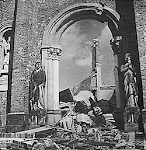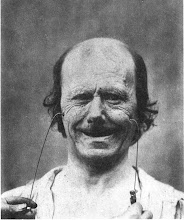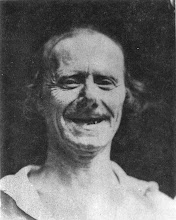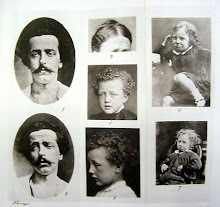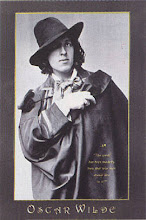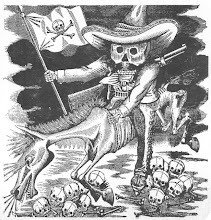
The Good, the bad and the ugly are all lining up to run for Congress from South Texas. I'm informed by someone who should know that Cameron County will pretty well have its own Congressional district, with the county intact and a little chunk of Willancy and Hidalgo in the district. This will come about for several reasons. The Republicans with about 2/3 of the House of Representatives seats will want it, because they can isolate a lot of the Democratic (their euphemism for Hispanic) votes in one district. The Cameron County movers and shakers want it because so many look in the mirror and see a Congressman, rather like looking at the picture of Dorian Gray.
Nueces voted almost completely on racist lines this election. Hispanics lost whether running as Democrats as Republicans with the Republicans voting in high numbers. Whether Farenthold can be elected again out of Corpus Christi is questionable (apparently he's even too weird for the teabaggers). But Cameron County will almost certainly elect someone besides Farenthold and in a presidential election year, almost certainly a Democrat.
As these things go, the worst rise to the top, because they are willing to do things, say things and accept money from groups that will nauseate the slightly less-awful candidate. It is to be accepted that the Democratic candidate will be semi-literate and wildly unqualified for the job, but cunning and ruthless in getting a vote or a contribution. We can expect someone with long experience in squeezing vendors for contributions and digging up and slinging the most mud, real or invented. The campaign will be slick and professional and the candidate will only be in public with air-brushing or on television with someone who can read reading the commercials.
Then, I'll almost inevitably vote for this cretin. If it looks like he could lose to a Republican, I might even give a little money if I happen to have some.
That is why I think Joe Krause should run for Congress as a Catholic Candidate to give me a choice. I would support Dorothy Day if she would move here and run, but since that won't happen, Joe is my next best choice.
Defining the Catholic platform is pretty easy because Leo XIII and others wrote it. Then Dorothy Day wrote a lot about it as it applies to United States issues of the 20th Century. (see the enclosure link for other links to the writings of Dorothy Day). Joe lives it. The quote by Pope Paul VI,"If you want peace, work for justice" is the theme of the campaign. Valley Interfaith is the kitchen cabinet. We look to GK Chesterton, Hillaire Belloc and John Ruskin for guidance.
Some of the positions:
No death penalty. In fact, pro-life from conception to the grave, so
no abortion and no euthanasia either. Prisons will become rare as well
because punishment will no longer be a moral or legal basis for regulating
society. Inmates, felons and illegal aliens should get the vote.
A living wage based on universal ownership of property, guilds and other
protections. Capitalism is replaced by Distributism. Every child
upon conception will be given his or her fair share of the national bounty, so
every child becomes a financial boon for the mother, who of course has her own
share of the national bounty.Profit is made up of unfairly withheld wages. As Ruskin says, the responsibility of the businessman is to bring prosperity to the community. The responsibility of the lawyer is to bring justice to the community. The responsibility of the doctor is to bring health to the community.
Accumulated wealth is a form of violence. And shows a lack of faith. Anyone who accepts stewardship over wealth or power must also accept personal poverty and precarity.
No usury. All debts are cancelled every seven years. All property is redistributed equally every fifty years. (We're way overdue, so we can start that now).
No borders. Borders are a form of violence created to allow the
wealthy to protect their wealth. Strangers are welcome.
No wars, no nuclear weapons.
Quick, tell me Solomon Ortiz' and Blake Farenthold's campaign slogans. Now tell me Joe's wouldn't be better. Run Joe Run.





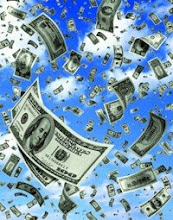














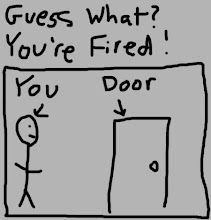










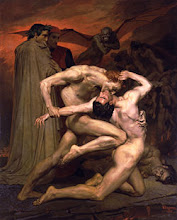_-_Dante_And_Virgil_In_Hell_(1850).jpg)



